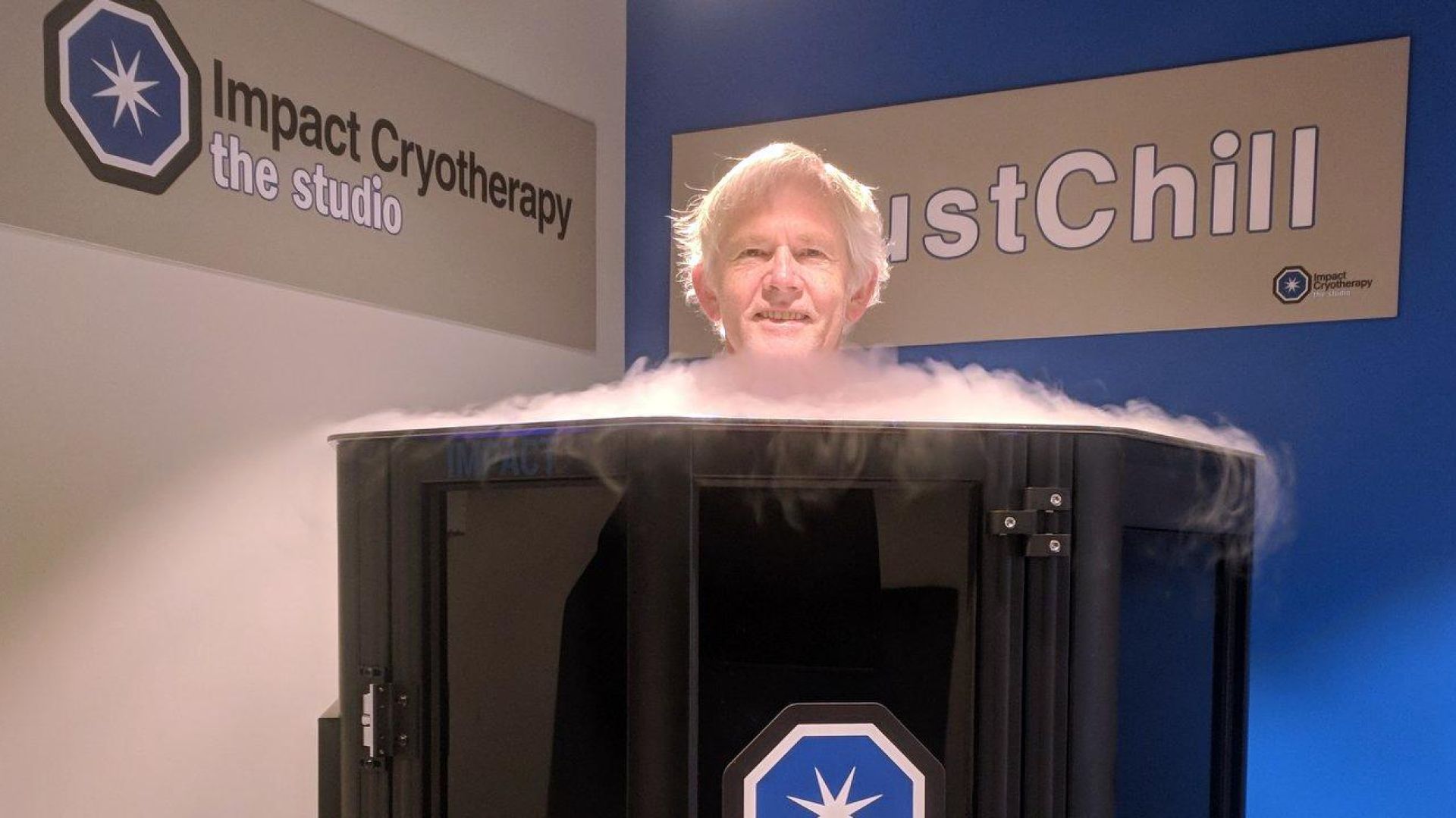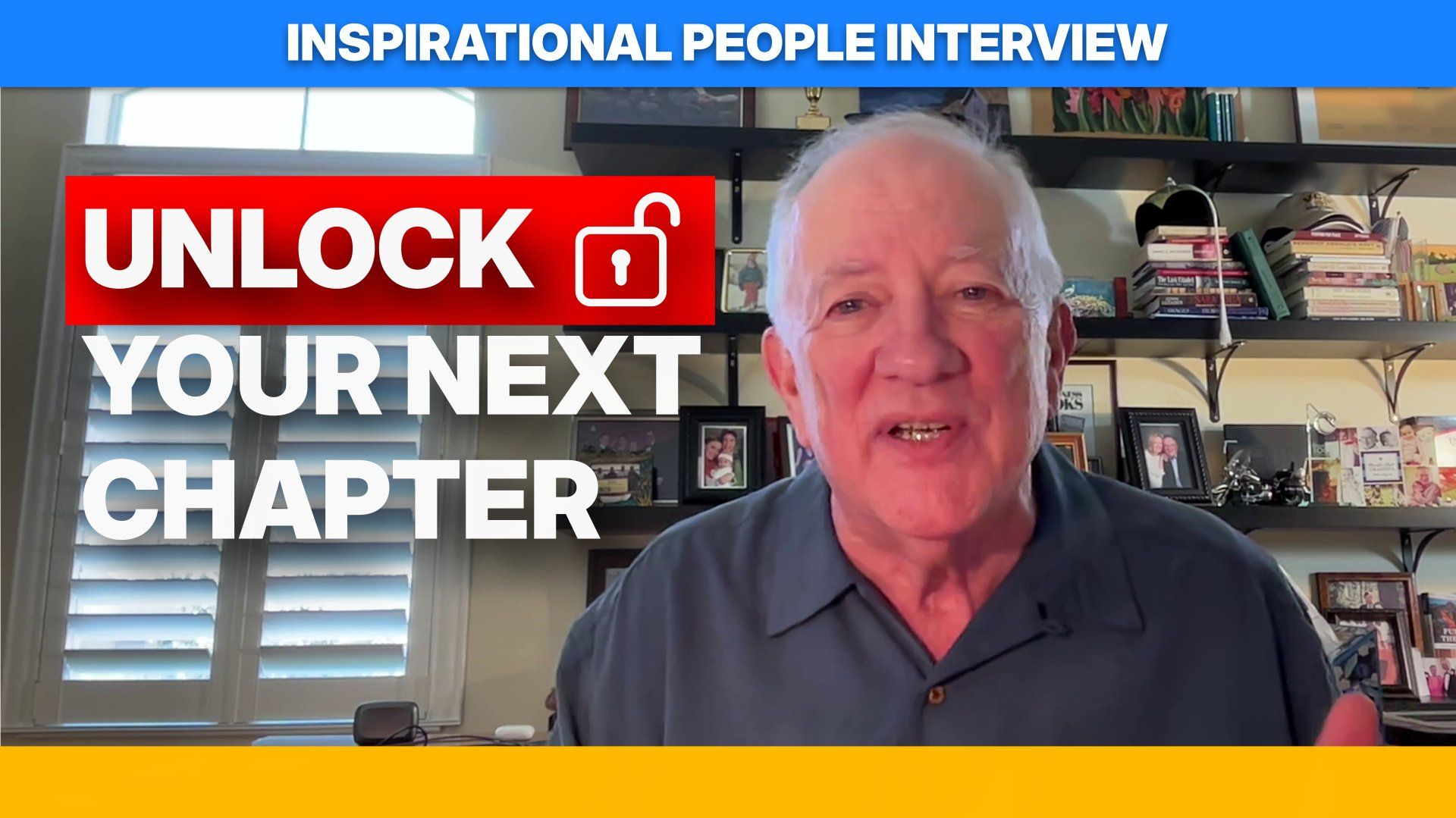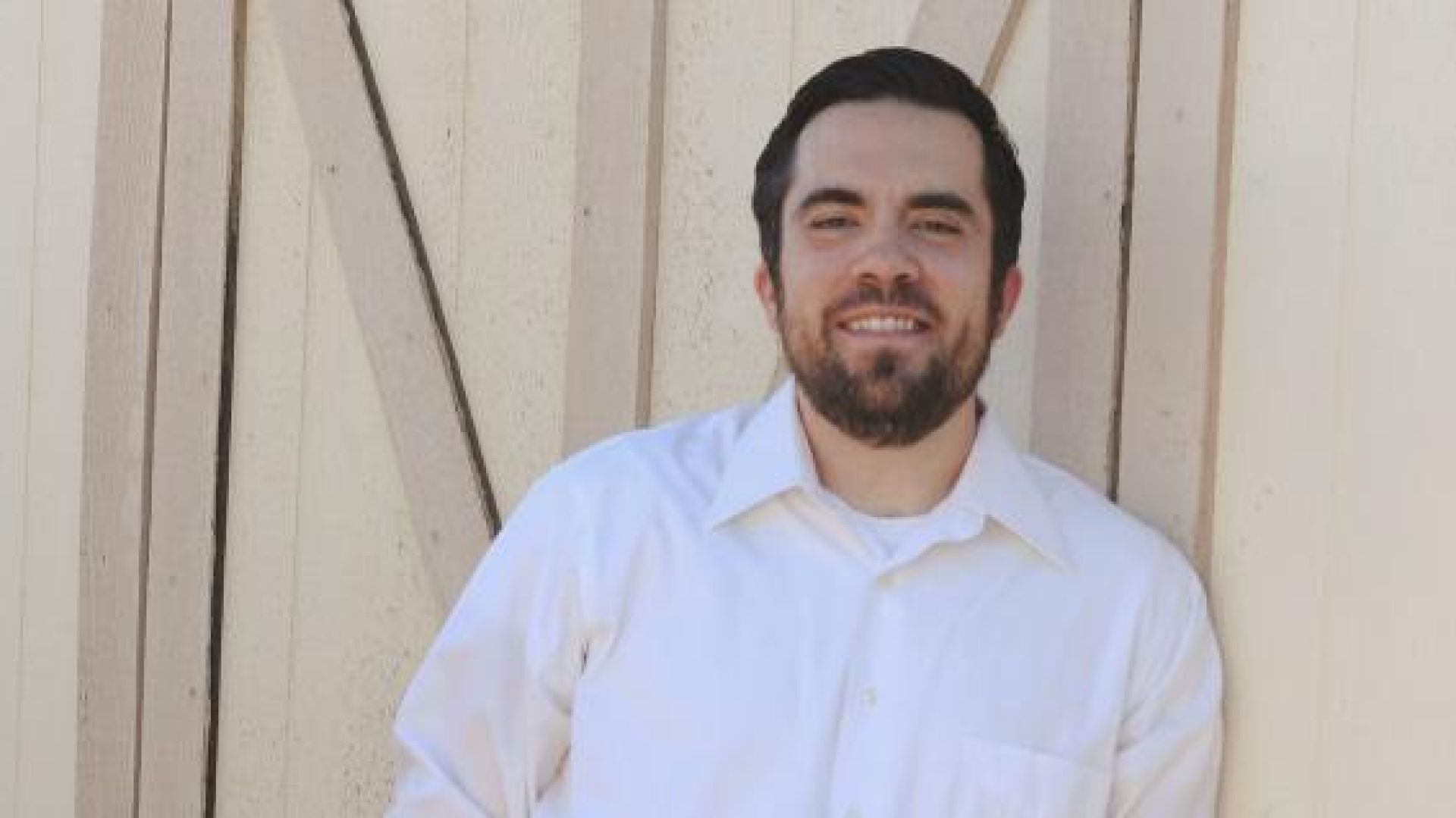
Humanizing Business Within Your Locus of Control — With Pipeline Co-Founder JP Werlin
Welcome to another Inspirational People episode of the Share Life podcast. In this conversion, I'm chatting with JP Werlin, the CEO, and Co-Founder of Pipeline, a cloud-based CRM system for building client relationships, growing pipelines, shortening sales cycles, and increasing business revenue. JP is also a husband, dad, and intentional builder of teams.

Life is Hard. Business is Challenging. The World is Uncertain.
Leaders, freelancers, and entrepreneurs: Get stories & systems, for navigating the challenges, in your inbox.
JP co-founded his company with Nick Bertolino in 2006. Within a few years after launching the company, I stumbled across Pipeline (which was Pipeline Deals at the time) and became a fan and vocal ambassador of their CRM system during my Noodlehead Marketing years. I was always impressed by their ability to anticipate their customer's needs and proactively develop to fill them.
Today, we explore different facets of JP's entrepreneurial journey, how he works smarter and lives better, the importance of mentoring, how stories have shaped him, and other bits of wisdom as we navigate the challenges of life.
Connect With JP
- Connect with JP on Social Media: Linkedin | Twitter
- Check out Pipeline CRM's website here.
Listen To This Discussion
Click here to listen in on Anchor directly, or click play below to immediately begin streaming.
You can also find this discussion on Stitcher, Itunes, and wherever you listen to podcasts under the name, Share Life: Systems and Stories to Live Better & Work Smarter, or by simply searching my name, Jason Scott Montoya.
Watch This Conversation
Click here to watch this discussion on Youtube directly, or click play below to begin streaming the video.
Click here to subscribe to my Youtube channel.
Hero Photo is of the Pipeline CRM team. Explore Career opportunities with Pipeline here.
Additional Resources
- Research Paper: Locus of Control and Prosocial Behavior - Abstract: "We investigate how locus of control beliefs – the extent to which individuals attribute control over events in their life to themselves as opposed to outside factors – affect prosocial behavior and the private provision of public goods. We begin by developing a conceptual framework showing how locus of control beliefs serve as a weight placed on the returns from one’s own contributions (impure altruism) and others contributions (pure altruism). Using multiple data sets from Germany and the U.S., we show that individuals who relate consequences to their own behavior are more likely to contribute to climate change mitigation, to donate money and in-kind gifts to charitable causes, to share money with others, to cast a vote in parliamentary elections, and to donate blood. Our results provide comprehensive evidence that locus of control beliefs affect prosocial behavior."












